20 Signs Your Child Needs More Emotional Support
Here are 20 subtle signs that your child needs more love and attention.
- Sophia Zapanta
- 5 min read

Every child has highs and lows, but sometimes, they show signs that they need emotional support. Identifying these signs helps parents provide comfort to their children. Below are 20 warning signs that your child needs more emotional support from you.
1. Your Child Avoids Their Favorite Activities
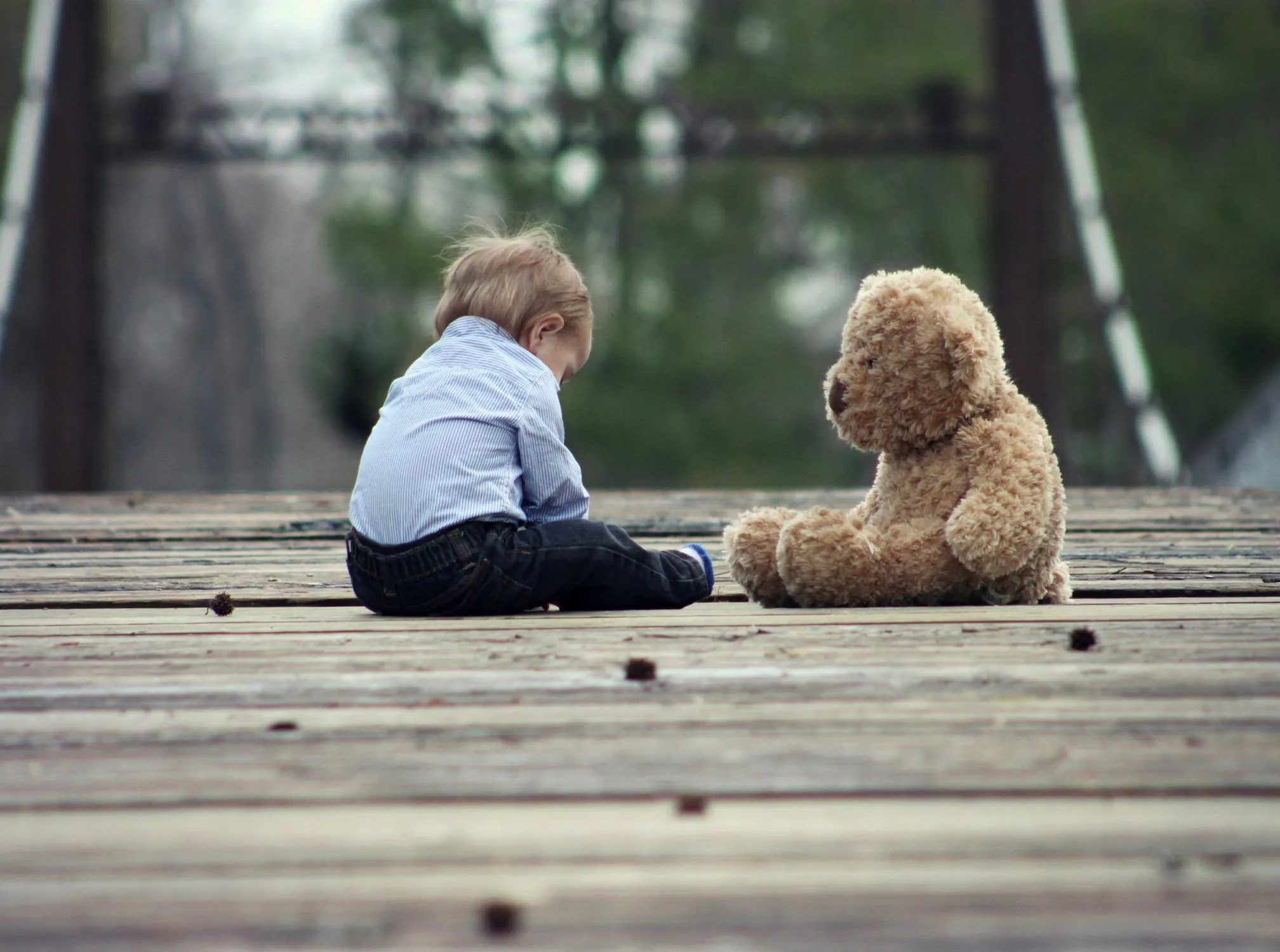 Pixabay on Pexels
Pixabay on Pexels
A sudden disinterest in hobbies or sports that they were once passionate about indicates stress and anxiety. They find it hard to enjoy anything that used to bring them happiness.
2. Your Child Have Some Trouble Sleeping
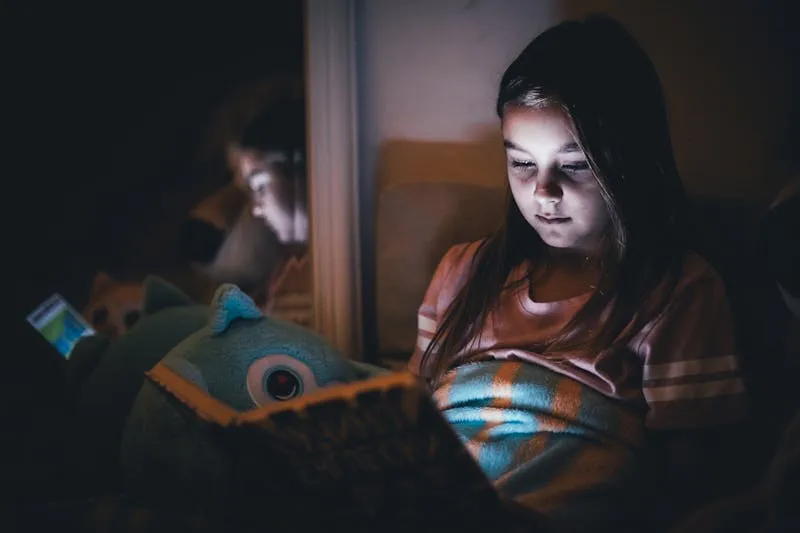 Boris Hamer on Pexels
Boris Hamer on Pexels
Suppose they sleep too much or too little; this can signal emotional distress. They may be unable to settle down or have been resorting to sleep to escape their realities.
3. Your Child Experience Mood Swings
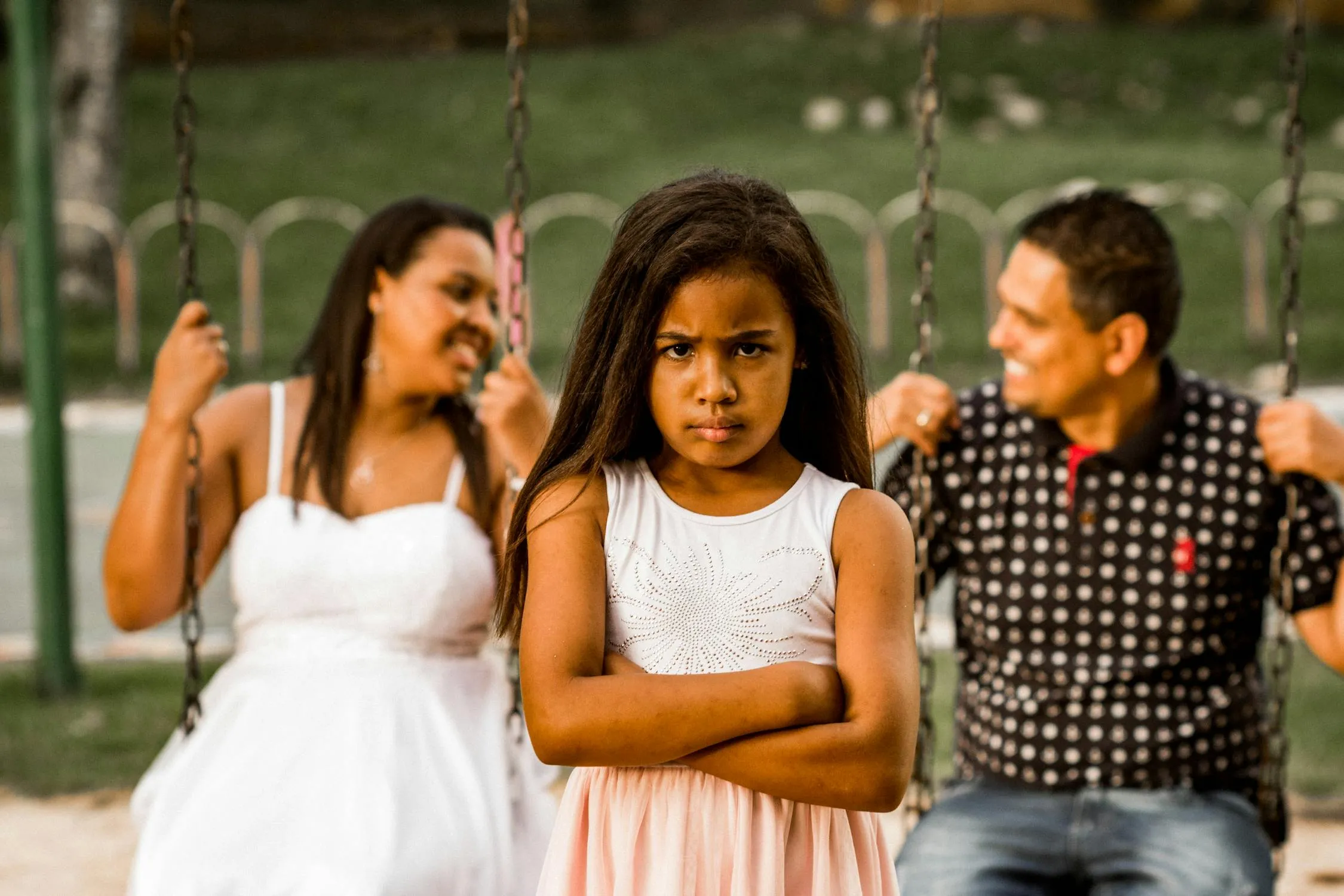 Joel Santos on Pexels
Joel Santos on Pexels
If they’re experiencing a rapid emotional cycle of high spirits, low moods, and rage, then there are probably some feelings they can’t handle. Often, this is the external expression of an inward disarray that a child doesn’t fully understand.
4. Your Child Gets Frustrated Easily
 Kaboompics.com on Pexels
Kaboompics.com on Pexels
When tantrums occur over trivial things, it could mean that the person is fed up or hopeless at the moment. It could also be a sign that they need help controlling themselves as they are about to burst out.
5. Your Child Avoids Family and Friends
 Mehmet Turgut Kirkgoz on Pexels
Mehmet Turgut Kirkgoz on Pexels
When a person begins to withdraw from people they generally enjoy being with, it could suggest they feel lonely. This could be a subtle call for help and a need for quality time.
6. Your Child Always Complains Having Bodyaches
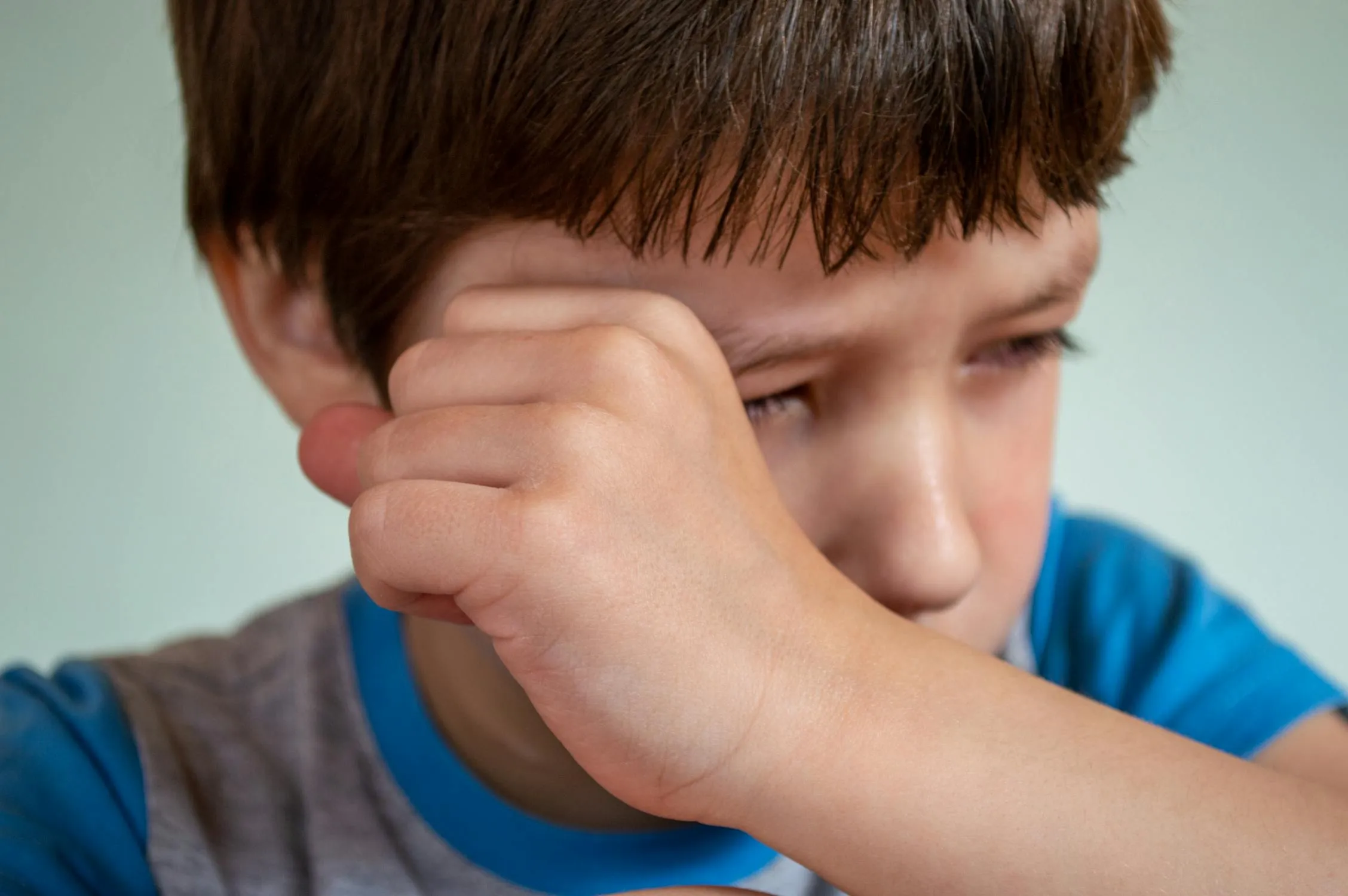 Vika Glitter on Pexels
Vika Glitter on Pexels
This can often be the case with some medical conditions, such as frequent headaches or stomachaches, which can be psychosomatic. The child may not be capable of expressing clear emotions, so their body shows the signs instead.
7. Your Child Seeks Constant Reassurance
 Gustavo Fring on Pexels
Gustavo Fring on Pexels
If they constantly ask if everything is all right, they may surely be experiencing self-doubt. This reassurance is indicative of a search for comfort.
8. Your Child Shows Unusual Aggression
 Kaboompics.com on Pexels
Kaboompics.com on Pexels
Their way of dealing with hard-to-explain emotions is sometimes to act out more than usual. Anger, for instance, can be used to disguise feelings of fear or sadness that they cannot convey.
9. Your Child Puts Themselves Down Often
 Pixabay on Pexels
Pixabay on Pexels
If they frequently engage in negative self-talk, they might feel out of place or lack self-confidence. Negative self-talk may mean they’re occupied with negative thoughts and not being “good enough” for the world.
10. Your Child Feels More Anxious
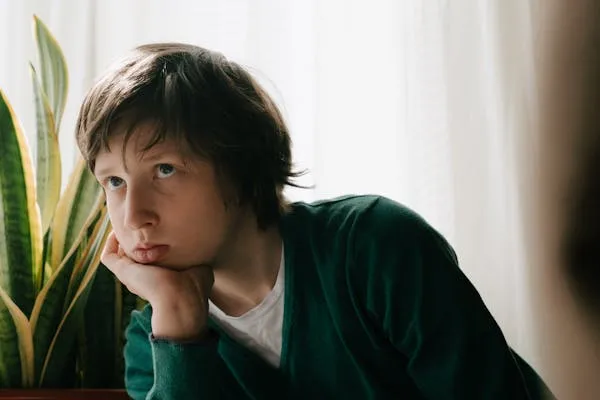 Cottonbro Studio on Pexels
Cottonbro Studio on Pexels
When new fear develops, it indicates that stress is creeping in. They’re more likely to feel more vulnerable as they grow more anxious. This increased anxiety might mean that they’re struggling with something more than what appears on the surface.
11. Your Child Eats More or Less Than Usual
 Mikhail Nilov on Pexels
Mikhail Nilov on Pexels
There are periods when some children may stop eating more than usual or start eating less to manage stress or sadness. They could be eating less to suppress or indulge in emotions.
12. Your Child is Struggling to Focus on Homework
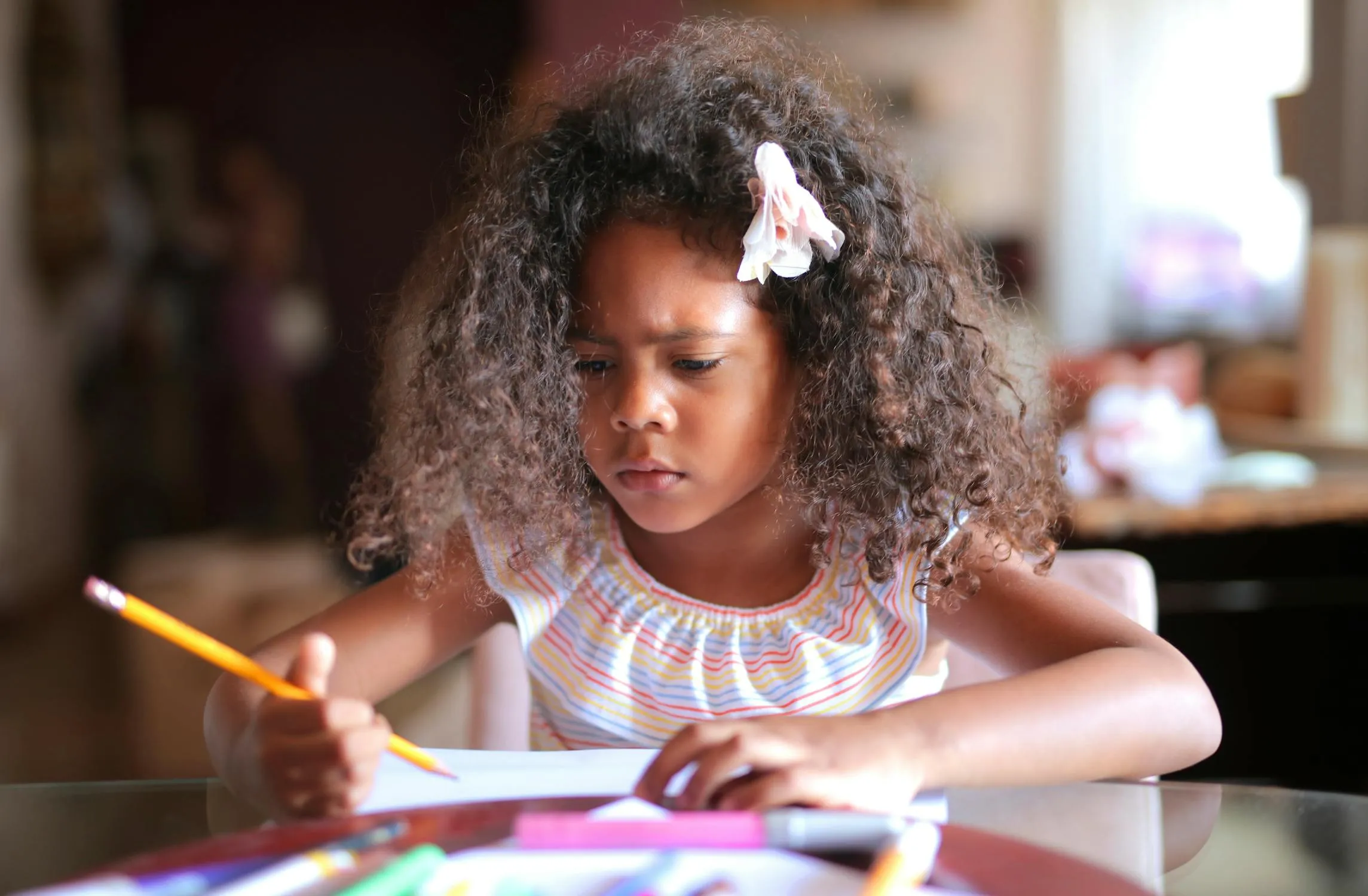 Andrea Piacquadio on Pexels
Andrea Piacquadio on Pexels
Even a disciplined child may have problems concentrating if they are experiencing a barrage of emotions. Sometimes, their feelings can become so overwhelming that focus at any point can be nearly impossible.
13. Your Child Cries More Frequently
 Kaboompics.com on Pexels
Kaboompics.com on Pexels
Anxious children or depressed ones may also be in tears for no apparent reason. This kind of crying could be because of feelings they find hard to explain or understand.
14. Your Child Always Have “Bad Days”
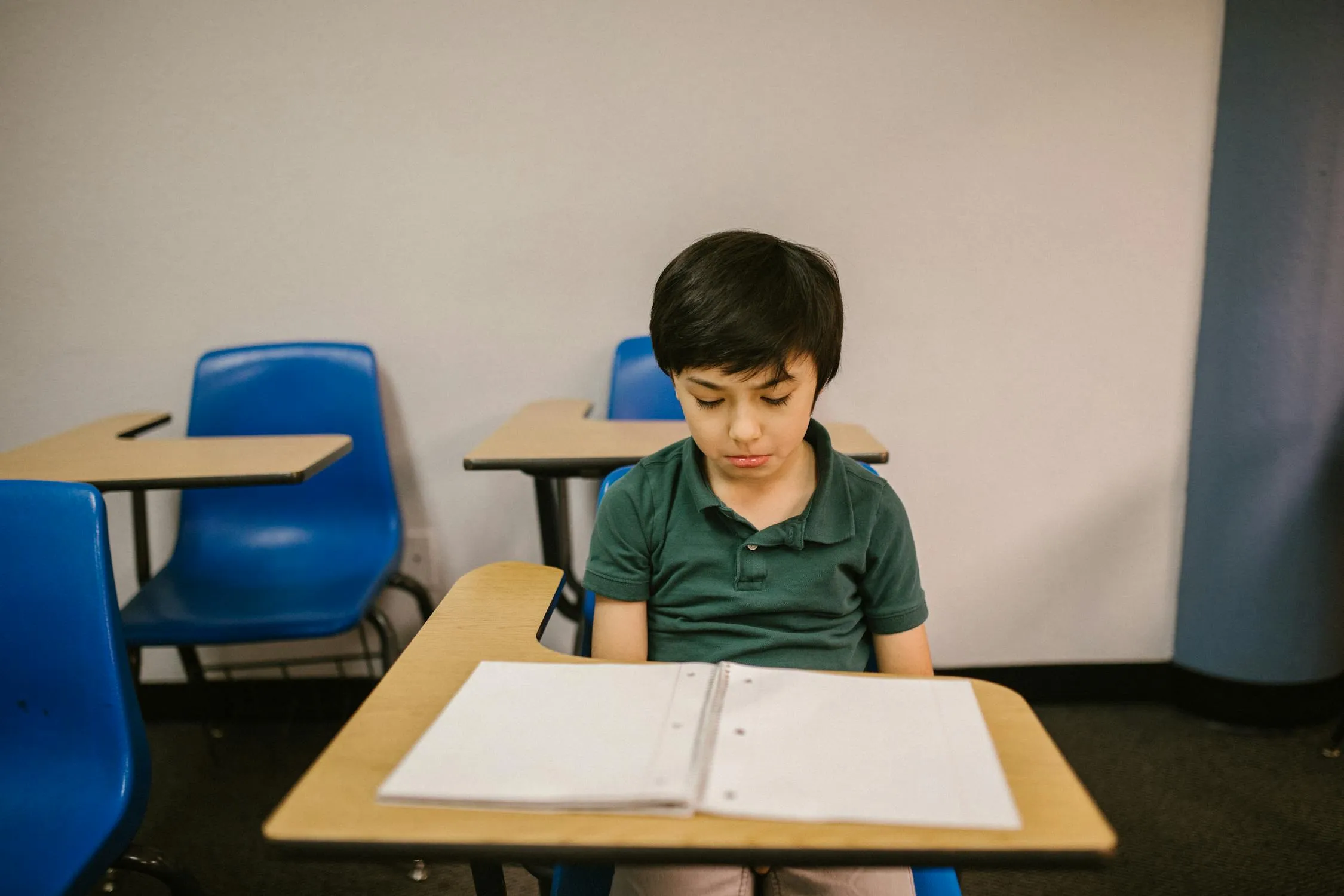 RDNE Stock project on Pexels
RDNE Stock project on Pexels
Every day is filled with struggles, which may indicate that there’s too much emotional baggage to carry. Feeling low for too long without any external input may be a warning that they need help.
15. Your Child Refuses to Talk About Their Day
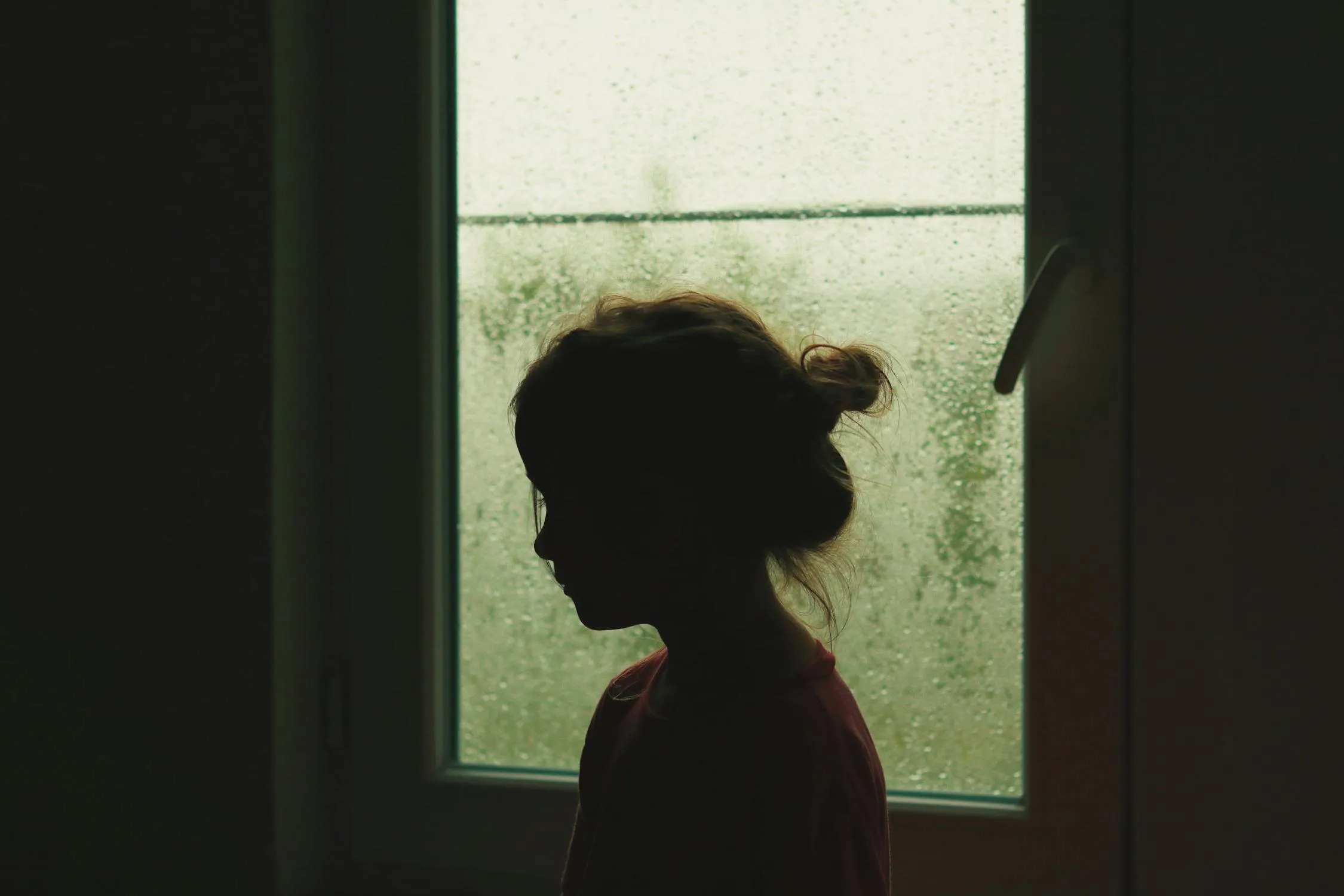 Yaseminmsl on Pexels
Yaseminmsl on Pexels
If your child refuses to talk about school or friends, they may feel hurt, doubtful, and unsure. If they’re unable to open up, this means that whatever is going on around them is too much for them to handle.
16. Your Child Expresses Guilt or Blames Themselves
 Mikhail Nilov on Pexels
Mikhail Nilov on Pexels
They blame and show guilt due to their own perceived or actual shortcomings. This self-blame may suggest that they’re facing internal struggles.
17. Your Child Seeks Distance and Independence
 Gabriela Palai on Pexels
Gabriela Palai on Pexels
It’s normal for growing children to be more inclined to seek distance and independence. Pushing you away may also mean they have problems and are trying to deal with them without involving anybody. The need for “me time” also suggests difficulty voicing their need for help.
18. Your Child Reaches For Comfort Items Often
 Cottonbro Studio on Pexels
Cottonbro Studio on Pexels
Turning to one’s favorite toy or blanket more often than before means that one needs more comfort. These objects provide a sense of security when they’re in a situation that makes them uncomfortable and insecure.
19. Your Child is Afraid Being Alone
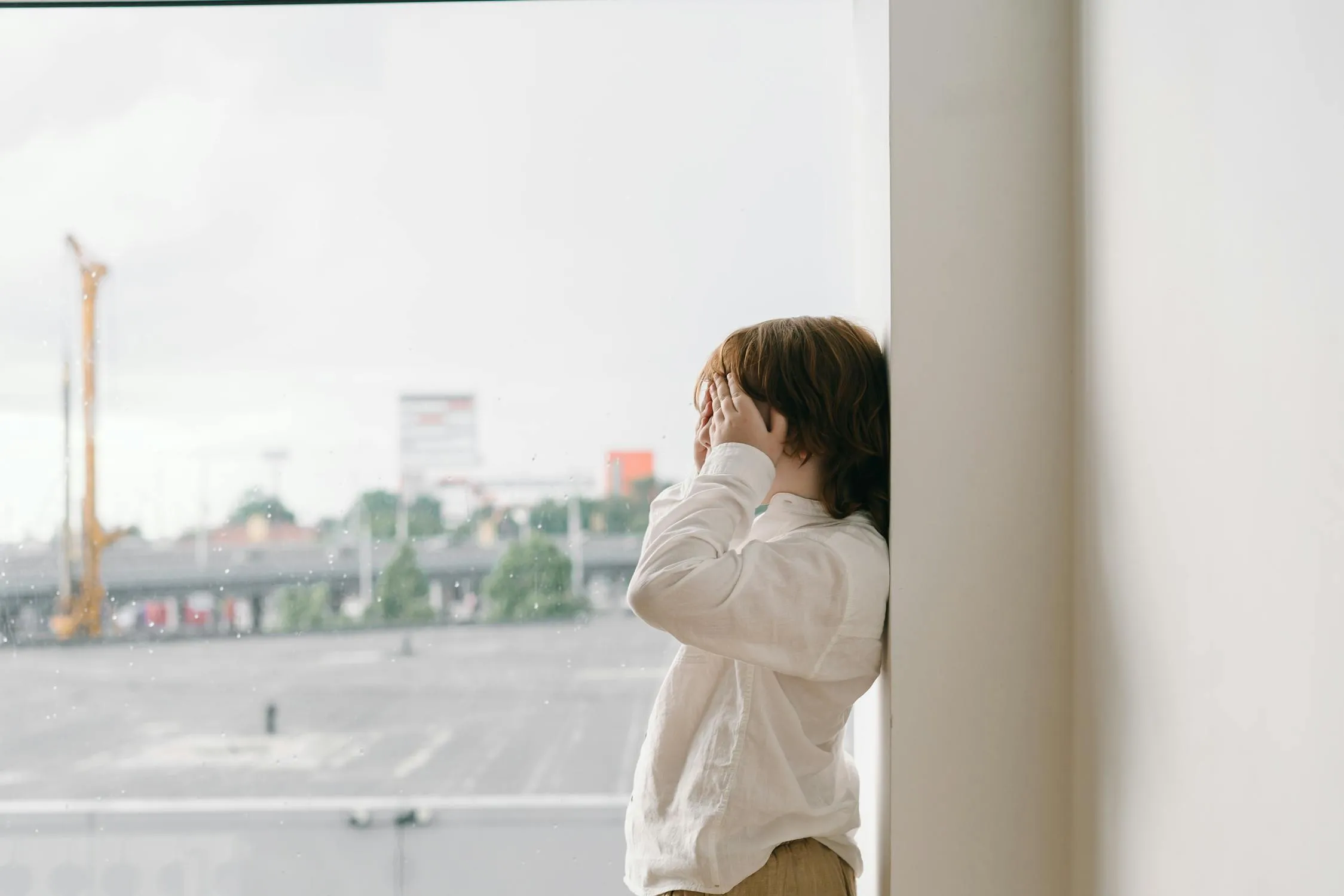 Mikhail Nilov on Pexels
Mikhail Nilov on Pexels
When they cling to you or don’t want to be left alone, they may be feeling insecure or scared. This need to get close could signify that they need reassurance and comfort.
20. Your Child Shows Distrust in Others
 Mikhail Nilov on Pexels
Mikhail Nilov on Pexels
Children who look cautious and on guard can also feel much pain or tension. Trust issues may be their defense mechanism against emotional suffering.
- Tags:
- Parenting
- Emotional Support
- Family